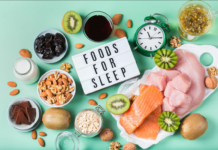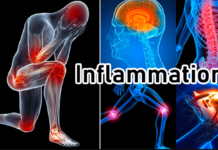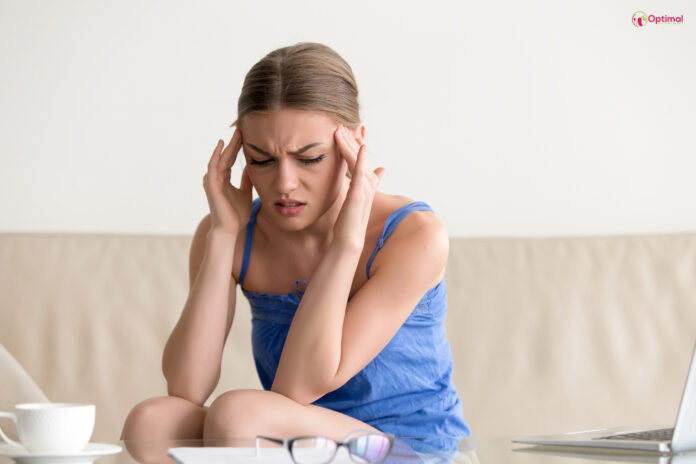A panic attack is a brief burst of extreme anxiety that can seem to come out of nowhere. A panic attack causes you to experience intense physical sensations such as your heart racing or finding it difficult to breathe. Panic attacks are also triggered by terrifying fears that something terrible is imminent or may happen, such as losing control or dying.
Panic attack indicators are a sharp burst of anxiety or pain that lasts just minutes and has at least four of the following symptoms:
| Symptoms |
| Palpitations, a racing pulse, or an elevated heart rate |
| Sweating is a common occurrence |
| Shaking or tremors |
| The Feeling of being suffocated |
| Coughing sensation |
| Discomfort in the chest |
| Nausea or stomach pains |
What triggers panic attacks?
There is no single reason to be concerned. Stress triggers intense biochemical reactions. Some people’s bodies are more sensitive to pressure and develop more stress hormones like adrenaline and cortisol. Also, serotonin, norepinephrine, and dopamine serve as neurotransmitters or messengers throughout the brain. They are believed to affect one’s mood and anxiety level by sending signals between various regions of the brain. Insufficient in one or more of these chemicals is thought to cause panic disorder.
Metabolic research examines how the human body absorbs specific chemicals. Many of these findings have shown that people with panic disorder are more vulnerable to such elements than people without this disorder. Such results strengthen the biological hypothesis by showing how those with panic disorder may have a distinct genetic profile from others who do not have it.
Given the implications of recent studies, there are no conclusive experimental findings that may aid with panic disorder diagnosis. The brain’s chemical messengers and biochemical pathways are intricate and interconnected. Each of these hypotheses may play a role in the onset of panic disorder. Future study is expected to help identify and link the biological triggers.
Our Advice
- Find out more about your disorder:
The more you understand, the better prepared you will be to deal with symptoms and roadblocks along the way. It would be best if you were not afraid to ask your doctor any questions you may have. Remember that you are an important member of your society.
- Maintain your therapy plan:
Stopping your medications without any valid health reason will result in unwanted side effects and even anxiety symptoms.
- Eat well and get some exercise:
Jogging and riding, for example, help unleash brain chemicals that reduce depression and increase mood.
- Improve your sleeping habits:
Anxiety disorders and sleep disorders often coexist. Give having a decent night’s sleep a priority. Establish a soothing bedtime ritual.
- Learn to unwind:
Stress control is a crucial component of a healthy lifestyle. Through continuous therapy, one can manage to control their negative thoughts. Anxiety can be reduced by thinking positive thoughts rather than worrying ones. However, if you suffer from certain types of stress, this will not be easy.
- Hangout:
People benefit from social connections to thrive and stay healthy, People who have a close group of friends who encourage them and chat with them.
- Seek assistance:
Some people find talking to someone going through similar symptoms and emotional states insightful and uplifting. Self-help or community groups allow you to share your worries and successes with people who are or have been in your shoes.
If you feel that medication isn’t the route for you, these are the psychological ways out of this problem.
Psychotherapy:
It is a branch of psychology that teaches you how your feelings influence your behavior. It’s also known as talk therapy. A certified mental health professional listens and speaks with you about your emotions and fears, offering advice about how to understand better and treat them as well as your anxiety condition.
CBT (cognitive behavioral therapy):
Cognitive behavioral therapy shows you how to change your pessimistic, panic-inducing thoughts and actions into constructive ones. You’ll discover how to handle and treat fearful or worrying circumstances without being anxious.
Learn More About Health

















